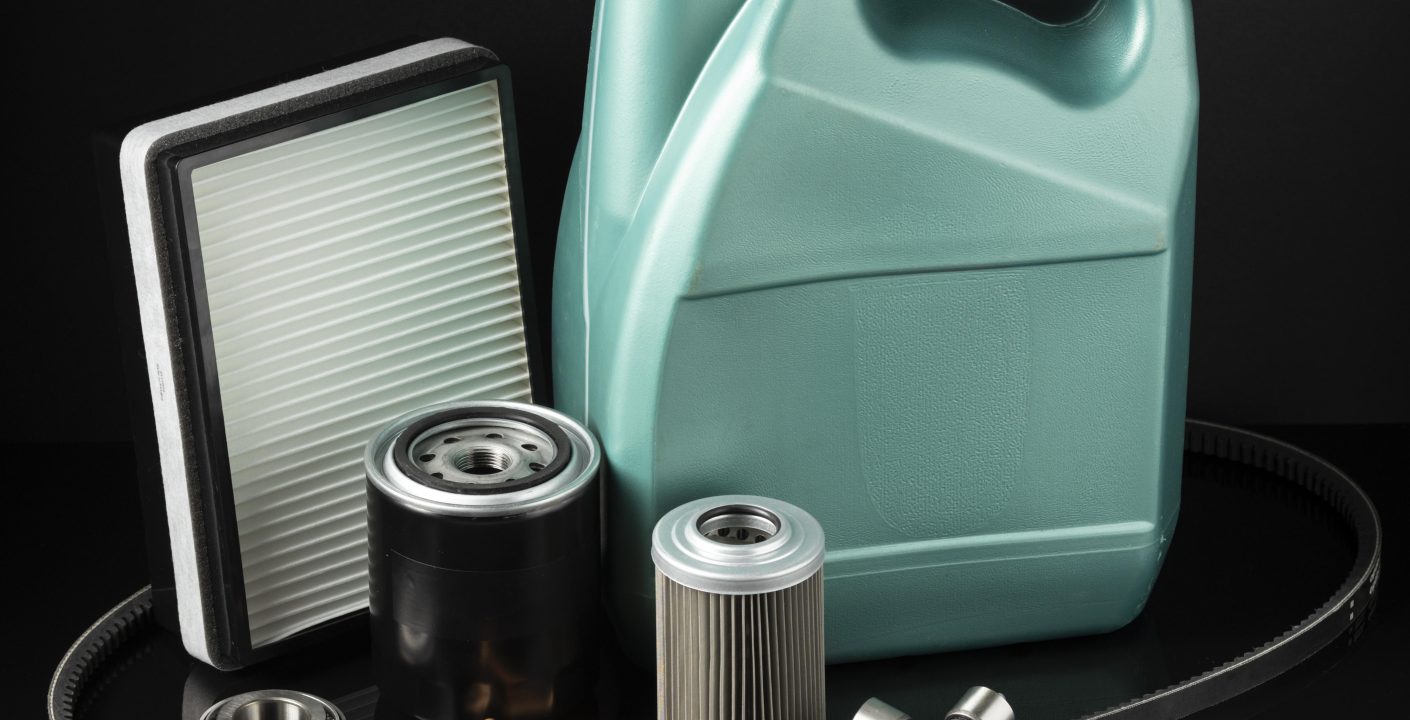The Role of Coolant in Maintaining Radiator Efficiency

The car engine is designed to convert fuel into mechanical energy to move the vehicle. However, this process generates a significant amount of heat. Maintaining optimal engine temperature is important to prevent overheating, which can lead to severe damage or complete engine failure. One active participant in this temperature regulation is the coolant. Together, we will explore the role of coolant in maintaining radiator efficiency and, by extension, the health of your car’s engine.
Understanding the Basics
What is Coolant?
Coolant, also known as antifreeze, is a specially formulated liquid that circulates through the engine and the radiator, absorbing heat from the engine and dissipating it through the radiator, thus maintaining radiator efficiency. It is typically a mixture of water and ethylene glycol or propylene glycol, combined with additives that prevent corrosion, scale, and rust within the car cooling system.
The Role of the Radiator
The radiator is a heat exchanger designed to transfer heat from the coolant that has absorbed engine heat to the air blown through the radiator by the fan. This process reduces the temperature of the coolant before it is recirculated back into the engine to absorb more heat, ensuring that the engine operates within the optimal temperature range.
The Importance of Coolant
1. Heat Absorption and Dissipation
Coolant plays a critical role in absorbing the excess heat generated by the engine. Though an excellent heat conductor, water alone has a lower boiling point and can cause corrosion. The glycol component in coolant raises the boiling point, allowing the mixture to absorb more heat without evaporating. Additionally, coolant additives protect the engine and radiator from corrosion and scale build-up, which can impede the efficient transfer of heat.
2. Preventing Freezing
In colder climates, plain water would freeze, leading to a risk of engine block cracking. The antifreeze component in coolant lowers the freezing point of the mixture, ensuring that it remains in a liquid state even in sub-zero temperatures, thus maintaining the engine’s temperature regulation capabilities.
3. Corrosion Inhibition
Coolant contains additives that inhibit corrosion and scale formation within the engine and radiator. Corrosion can lead to leaks and blockages, severely reducing radiator efficiency and the overall cooling system. By preventing corrosion, coolant ensures that the cooling system remains free of obstructions and operates efficiently.
Maintaining Coolant Levels and Quality
Regular Checks
Regularly checking the coolant level in your vehicle is essential. Low coolant levels can lead to overheating, as there won’t be enough fluid to absorb and dissipate the engine heat. Most vehicles have a coolant reservoir with minimum and maximum markers. Ensure that the coolant level is between these marks when the engine is cool.
Coolant Replacement
Coolant degrades over time, losing its effectiveness and the protective properties of its additives. Most manufacturers recommend replacing the coolant every 30,000 to 60,000 miles, but it’s always best to consult your vehicle’s owner manual for specific guidelines. Regular coolant replacement ensures that the system remains effective in heat transfer and corrosion prevention.
Using the Correct Coolant
Not all coolants are created equal. Different vehicles require different types of coolant, and using the wrong type can lead to inadequate cooling and potential damage to the cooling system. Always use the type of coolant recommended by your vehicle’s manufacturer.
Coolant is a vital component of your car’s cooling system, playing a crucial role in maintaining radiator efficiency. By absorbing and dissipating heat, preventing freezing, and inhibiting corrosion, coolant ensures that your engine operates within the optimal temperature range. Regular maintenance, including checking coolant levels and quality, using the correct type of coolant, and replacing it at recommended intervals, is essential to keep your vehicle running smoothly and prevent costly repairs.
Image Credit: Image By FreePik






